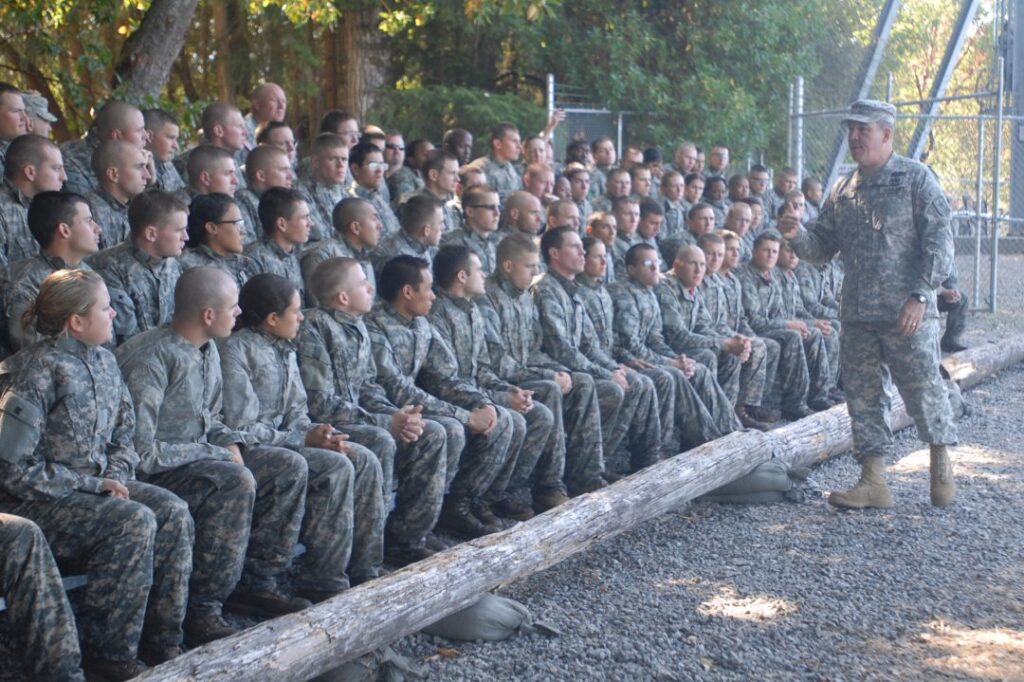While reservists and active duty both enter boot camp at the same time and complete the same type of training, the benefits, pay and time commitment are not the same. There are also major differences with the lifestyles, pay, benefits, and more. It’s important when deciding what path works best for you and your needs when serving in the military.
Here are the differences between reserve and active duty Marines.

Service Commitment
The biggest difference between the reserves and active duty Marines lies in the commitment to service. Anyone that signs up for the Marines and chooses to serve on active duty must serve 4 years of active service. Marine Reserves
Those who choose to go into the Marines reserves will commit to serving one weekend a month and two weeks of active service generally in the summertime.
Reserve units do get activated for particular situations such as oversea combat deployments while active duty units are expected to deploy continuously as part of their obligation in the active duty status.

Reserve Pay vs Active Duty Pay and Benefits
As a reservist, you do not get paid a lot as you are only paid when you do your weekend service commitment which is referred to as drill weekends.
Unlike active duty Marines who receive a paycheck every 1st and 15th, reservists often have to have multiple income streams to live as the pay is not substantial enough to live on its own.
In regards to benefits, Active Duty Marines have full coverage with medical, dental, and additional incentives such as the GI Bill.
Reservists, on the other hand, do not receive medical or dental coverage and with financial support for college, reservists are eligible for the Post 9/11 GI Bill if they are mobilized.
Mobilization to active duty does include responding to national emergencies, combat deployments and more.
Ask a recruiter for more info on how long time of service is needed as an active reservist to be eligible for the GI Bill.
Job Selection and Duty Station
A great benefit of being a reservist is that you are able to select a specific MOS within a field.
Active Duty Marines may only select a field in which they are assigned a specific MOS. This brings a lot of
As a reservist, you will also be reporting to the nearest reserve station that you live closest to. Active duty Marines are often assigned duty stations based on the needs of the Marine Corps.

Reserv Life vs Active Duty Life
Active Duty Marines are living the life of a Marine; haircuts, daily PT and uniform inspections. They are also working long hours in their line of work.
Reservist’s life in the Marines is more of a part-time role. Not only are reservists only committed to serving one weekend a month and two weeks a year, but they are also able to have more of a flexible lifestyle.
Being in the Marine reserves you can live at home, go to school to pursue education, and experience most of what other civilians are able to enjoy on a day to day basis.
Active Duty life is much more difficult and challenging due to the demands of being on call and at the ready especially during times of war where Active Duty units are often the first to be deployed.
Regardless of which path you choose in the Marine Corps, you’ll go through boot camp at either Parris Island or MCRD San Diego. Make sure you’re prepared for the battles that lie ahead by reading what you need to know before you go.





